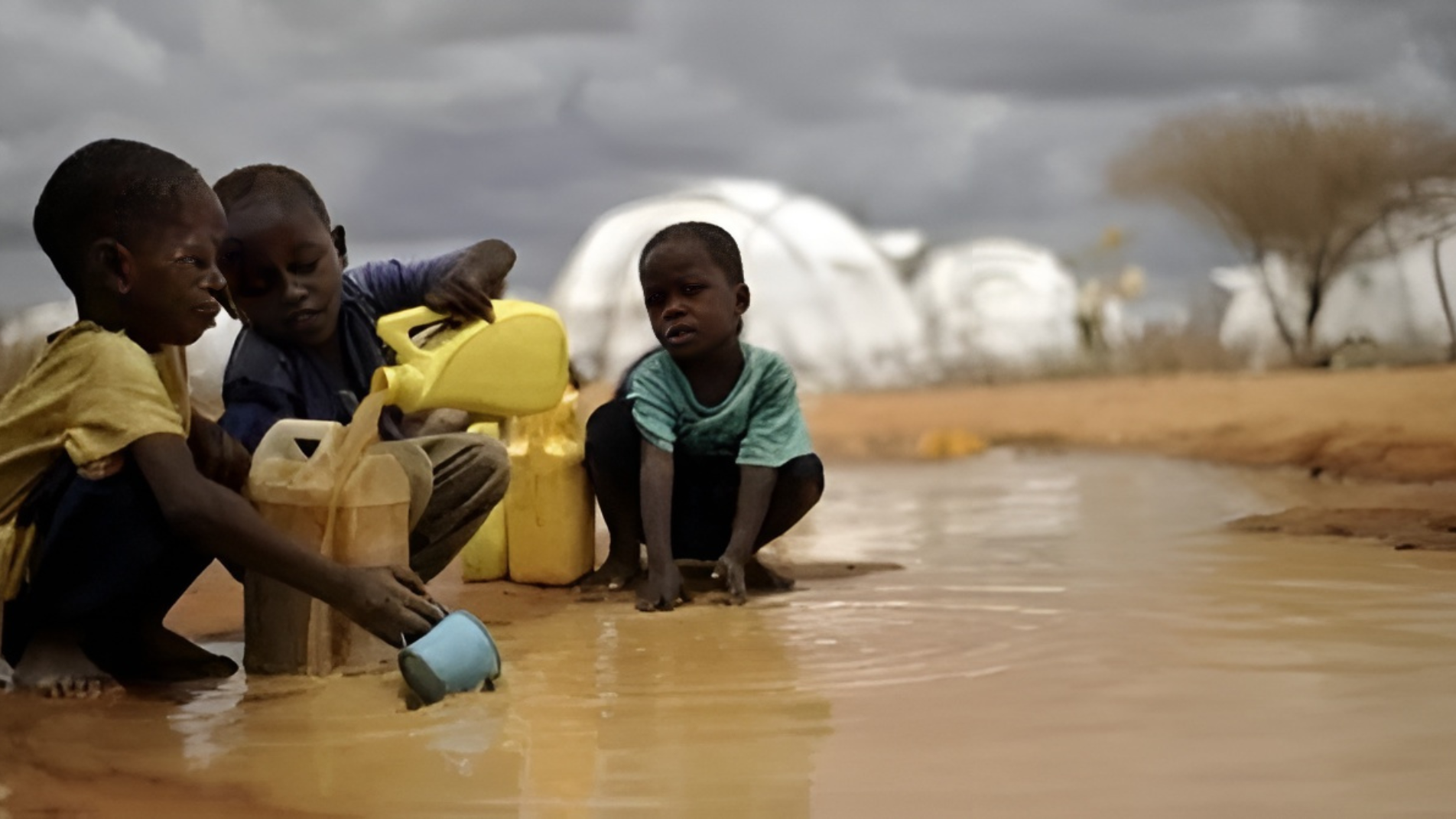The recent Cholera outbreak has swept a devastating wave across the country with over 1,222 suspected cases, 88 confirmed cases, and 40 fatalities so far recorded by the National Centre for Disease Control (NCDC).
The effects have been quite telling on the general populace amidst budding economic challenges, but attention must be focused on a section of the vulnerable members of society which includes children.
Traditionally, cholera outbreaks critically affect children and young populations at large. These vulnerable groups face substantial health risks, particularly those under five who are prone to severe dehydration and higher mortality rates.
Educational disruption is yet another critical consequence of cholera outbreaks, as illness and the need to care for sick family members lead to school closures and reduced attendance, hindering children’s learning and development. Recently, some schools in endangered areas of Lagos state were instructed to delay resumption from the Sallah break till further notice. The Ogun state commissioner of health declared red alert on schools over the increasing numbers of affected people in the state instilling strict health guidelines in a bid to protect students from possible infection.
Post-recovery issues in children can include malnutrition, stunted growth, and weakened immune systems, increasing susceptibility to other diseases.
These outbreaks underscore the urgent need for improved access to clean water and sanitation in many areas. Despite the state government’s efforts to provide water to its population, the current outbreak demonstrates the need for an urgent government focus on ensuring the water provided to the population is clean and risk-free.
Addressing the challenges of cholera outbreaks requires a deliberate focus of state policies to provide high-standard water and sanitation facilities, as well as strengthened healthcare systems capable of responding to the demand in times of outbreaks, and state-led educational campaigns on cholera prevention to protect children and the population at large.
To alleviate cholera outbreaks especially in the schools, a comprehensive approach is essential. Sustainable WASH infrastructure and strengthened health systems capable of anticipating epidemics as well as, effective community engagement strategies are crucial to halt transmission. This includes enhancing water, sanitation, and hygiene infrastructure, implementing rapid surveillance, promoting social mobilisation, administering treatment, and utilising oral cholera vaccines and making them available to children at no cost.
Ultimately, preventing cholera outbreaks amongst the school systems centres around good sanitation and hygiene practices which must be periodically taught and possibly added to the education curriculum. Key actions include proper disposal of faeces, eliminating open defecation, and ensuring access to potable water. Regular hand-washing with clean, running water and soap is vital. Wash stations must become a permanent fixture at schools not as an emergency response to an outbreak or pandemic.
Additionally, school children must be protected from the consumption of uncooked vegetables, unwashed fruits, raw or undercooked seafood, and food from street vendors to reduce the risk of cholera infection.
Cholera outbreaks originate and spread within communities, making community-led and participatory approaches essential for sustainable prevention. Communities and local governments can play crucial roles by leveraging communication channels to educate parents and school administrators to protect public health especially in rural communities.
Prevention is more cost-effective than cure; thus, communities should establish systems that promote key hygiene practices, transforming them into a cultural norm. Community-led surveillance can enforce sanitation practices, with empowered local monitors ensuring compliance.
It will take a combined yet sustained effort by government, education stakeholders and communities to protect our future generation from this debilitating outbreak and ensure it doesn’t hinder their academic growth and development.
Share this post





Be the first to comment on this post